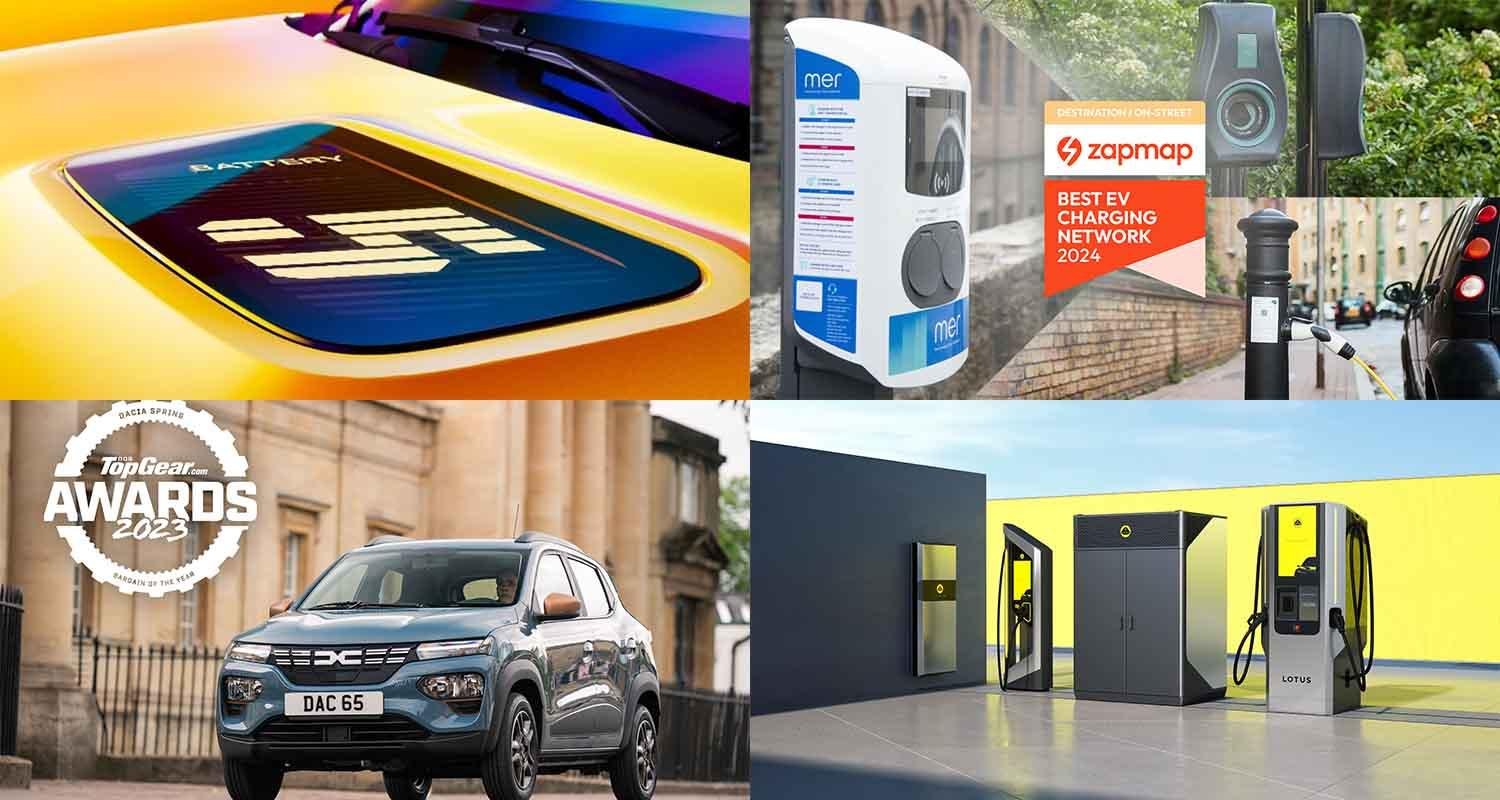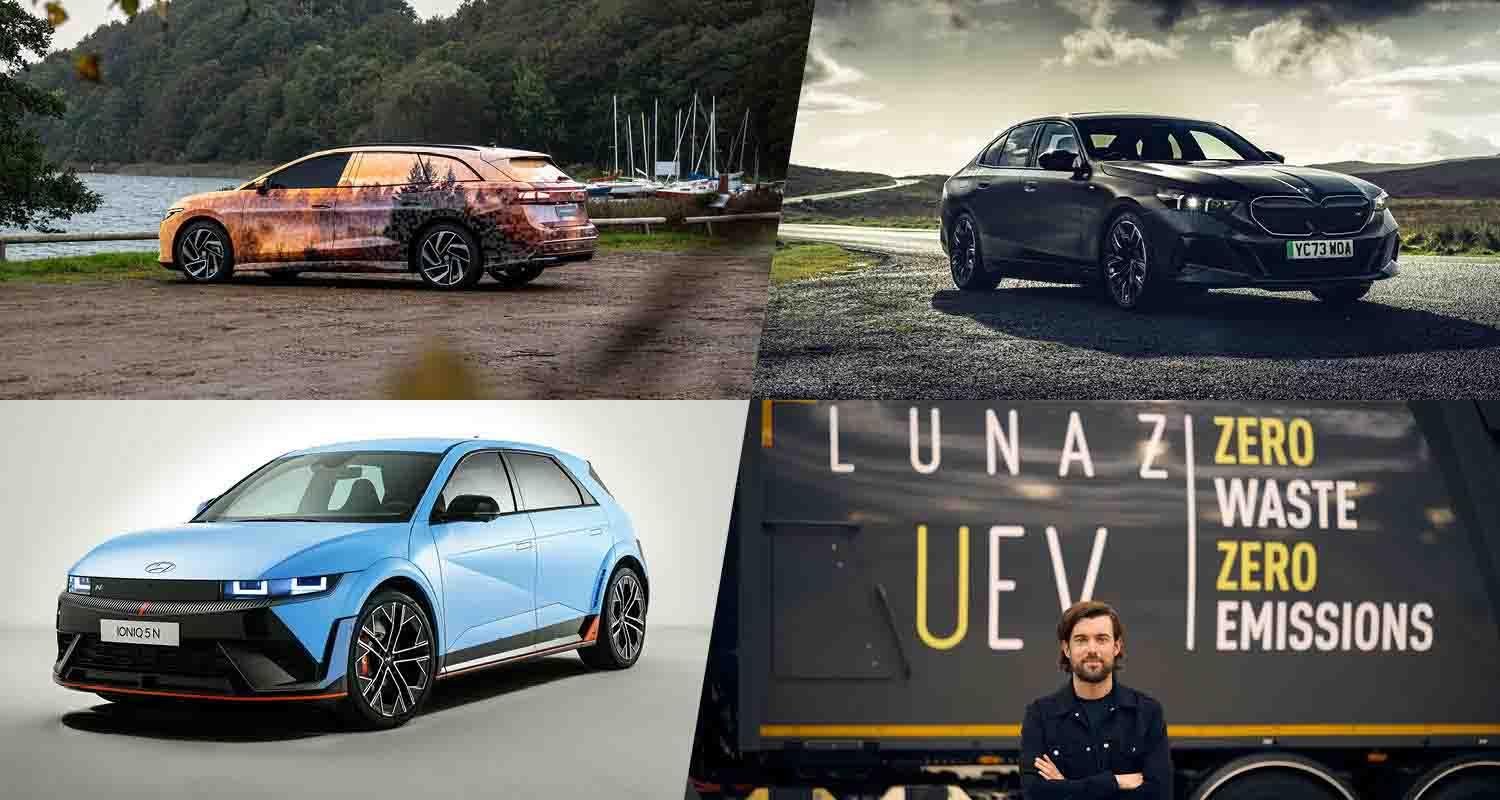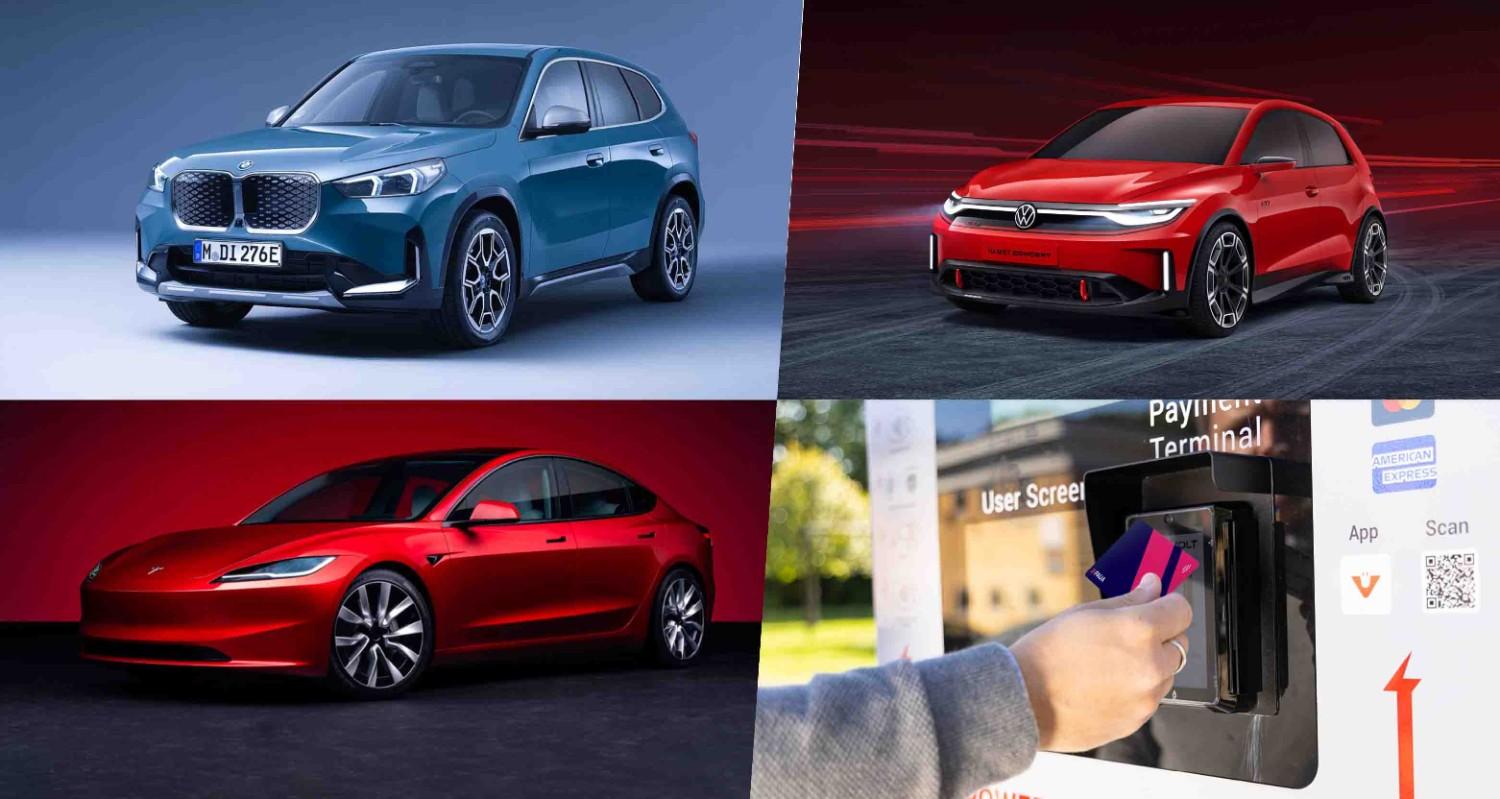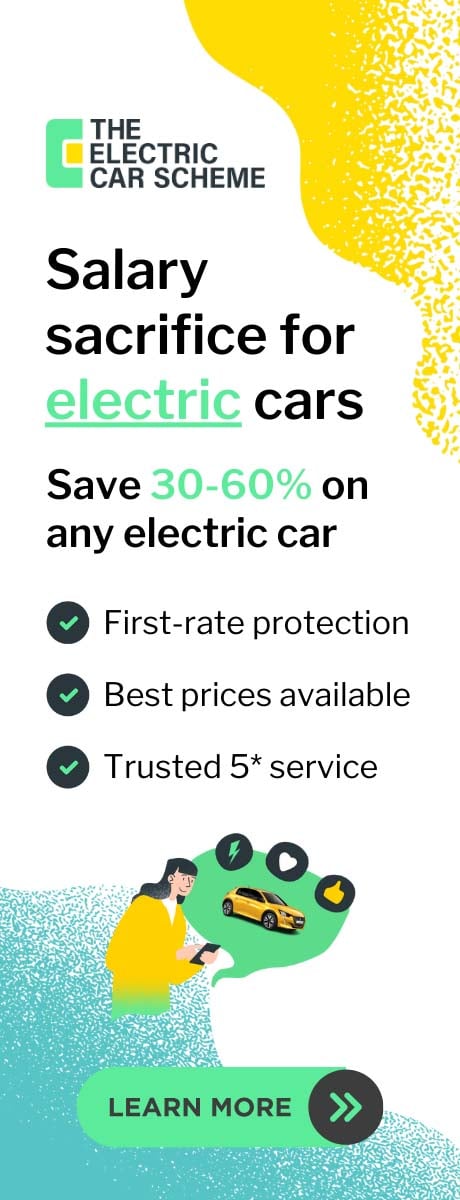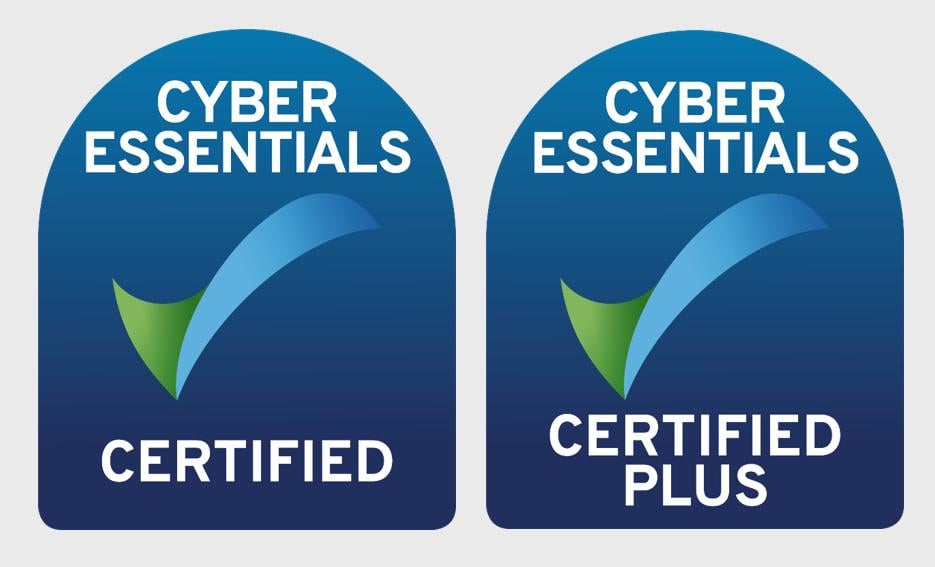Weekly News Round-up 09.02.2022
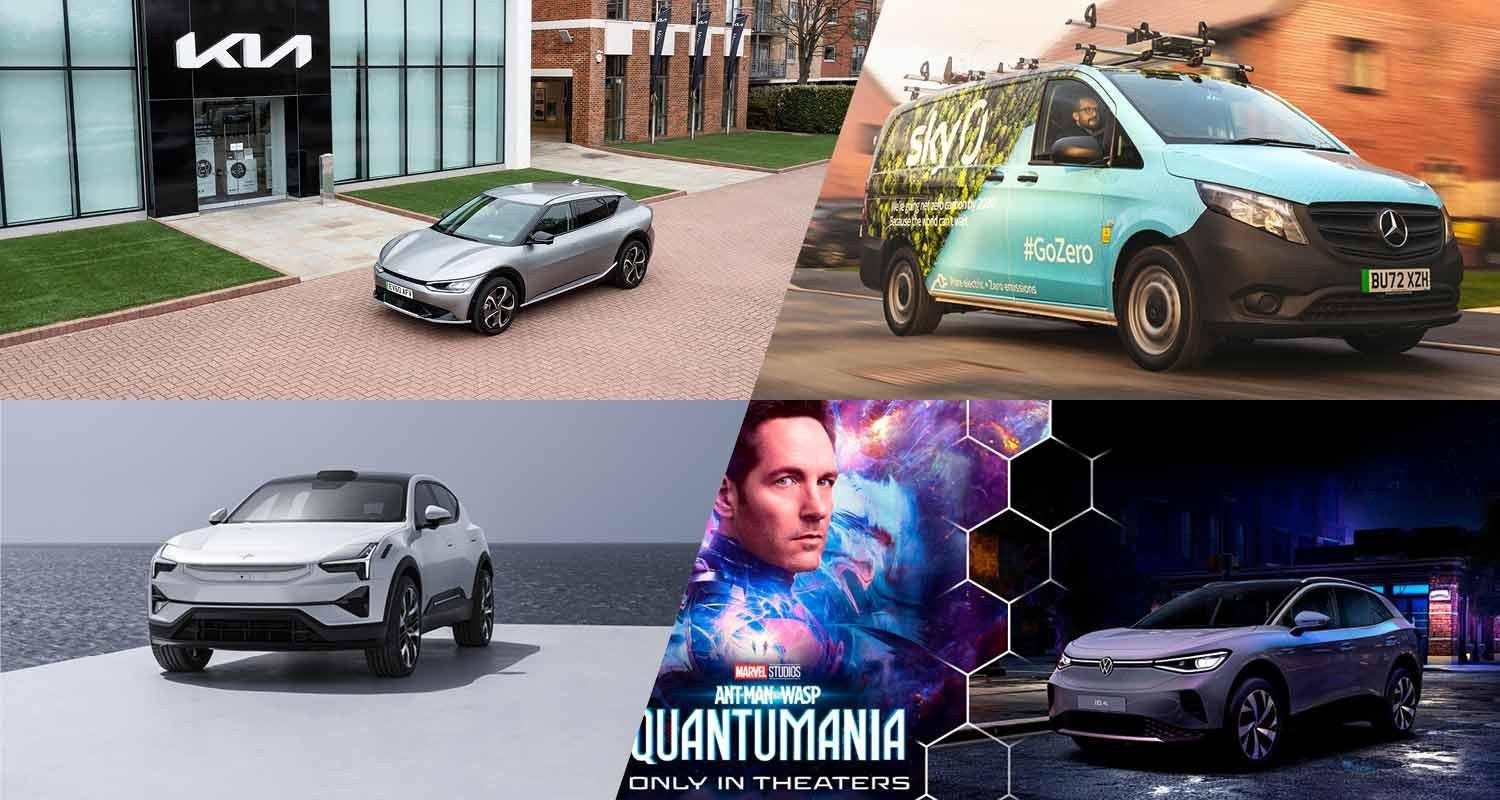
In other news: We present what you had to say about Zap-Map Plus and Premium and Kia relaunches their EV apprenticeship scheme.
Sign up to our newsletter to get all of our latest news and updates delivered straight to your inbox every other week.
EVs and hybrids contribute to growing UK car sales
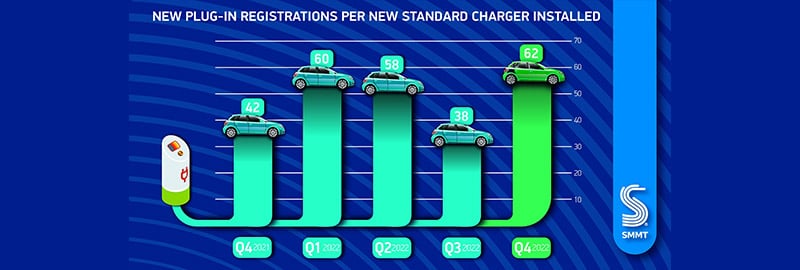
The new car market has recorded its sixth consecutive month of growth, with January registrations rising 14.7 per cent, meaning 131,994 new cars are on the road, according to the Society of Motoring Manufacturers and Traders (SMMT).
Plug-in vehicles have continued to grow – Hybrid electric vehicles comprised 14.4 per cent of new car registrations, increasing volumes by 40.6 per cent.
Battery electric vehicle registrations rose 19.8 per cent to reach 17,294 units, or 13.1 per cent of new registrations – slightly below the average recorded for 2022.
Plug-in hybrid vehicles recorded a 0.7 per cent rise, although their share fell to 6.9 per cent of new cars reaching the road.
"As a result, one in five new cars registered in the month came with a plug,” the SMMT added.
The SMMT also said that plug-ins are anticipated to comprise of more than one in four new registrations this year, representing a growth of 32.1 per cent or approximately 487,140 units, and almost a third (31.0 per cent) of the market in 2024 at 607,150 units.
"However, the rollout of infrastructure needed to charge them is failing to keep pace,” the SMMT added.
"During Q4 2022, the ratio of new chargepoint installations to new plug-in car registrations dropped to one for every 62 – a significant fall compared with the same quarter last year, when the ratio was 1:42.4 As a result, in 2022, one standard public charger was installed for every 53 new plug-in cars registered, the weakest ratio since 2020.”
Get £5 free charging
Get £5 worth of free charging at Electric Universe supported charging networks when you sign-up using our link
Upgrades for Renault Megane E-Tech
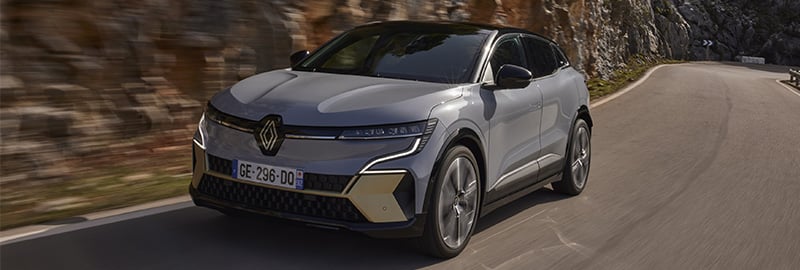
Renault has announced a new top-of-the-range Iconic trim, which features a patented heat pump developed by thermal management Renault engineers.
The system recovers heat generated by the battery and the electric motor twice as efficiently to ensure optimal temperature for the cabin, whilst simultaneously minimising the impact on range.
In use, when the outside temperature drops below 10°C, the range of the all-new Megane E-Tech 100% electric can increase by up to 9 per cent on motorways, while maintaining a comfortable temperature inside.
A greater range of colours has also been introduced.
Zap-Map users continue to prefer free service

We asked you for your views on Zap-Map usage – Thank you to the more than 500 who replied.
The results were interesting, with 90.2 per cent sticking with the free service, with just 5.2 per cent plumping for premium, and 2.6 per cent going for Plus. A further 3.8 per cent used another service.
We asked how you used the service, 61 per cent used it to find nearby public chargers, while 70 per cent used it for long-distance planning. Just 3.2 per cent used it for paying for charging sessions.
However, when we asked you whether Zap-Map’s paid services were worth the monthly cost, some of the responses were pretty sharp.
One user said “I do not subscribe because I cannot make head nor tail of the free one. I have tried many times to map out a suitable route with no success and when searching [for the] nearest charge point I always end up at a different one to the closest one. Probably because the closest is behind me.”
Another user said: “Many of the chargers are out of order or have strange payment options, so it’s not possible to accurately plan a journey using the information.” Another said: “The airplay functionality is pretty crap (or at least it was last year when I tried it). Absolutely no good to use on the go (which is the whole point of it).”
Another also told this tale of woe: “I stopped using it after it suggested a charge point which turned out to be a BMW dealership, and if we had used the charge point, our vehicle would have been locked in overnight. None of which was explained…”
There were also several gripes about the lack of Android compatibility, and several didn’t find their car usage justify the extra paid-for benefits.
As one user put it: “I spend enough money on the car and charging it. Paying to find chargers seems excessive.”
This was illustrated when several apps, either from the likes of Google or Apple, manufacturers themselves and charging networks offer similar benefits for free.
Some were positive about the service, but the majority were displeased to find that CarPlay integration in particular was so expensive.
Asked what might get you to sign up for the paid services, some responses said that the services should be integrated into the free service.
Others would welcome the ability to reserve a charger a few minutes ahead, the ability to filter chargers visible in the direction of travel and filter by price.
Lots wanted Android support and more up-to-date information on chargers but one user raised a very important issue.
“Accessibility charging points for people like me with a serious disability, as most charge points are inaccessible as I don’t have room to fully open my door to get in and out and there is not enough room between vehicles to plug my car in on the side.”
However, of the specific questions we asked, 66.1 per cent would like to see a notification telling you when a selected charging point is free added to Zap-Map’s paid services, while 42.2 per cent wanted the ability to plan new routes in Apple CarPlay and Android Auto mode.
Siri/Google Assistant integration was called for by just 16.3 per cent of you. However, this user perhaps has the final word and might find some support.
“Charge the providers - not the consumers. They're making enough money already out of an underwhelming response to EV owners nationally."
Zap-Map Plus and Premium Review
Find out what we had to say about Zap-Map's paid services in our review
Kia relaunches EV apprenticeship scheme
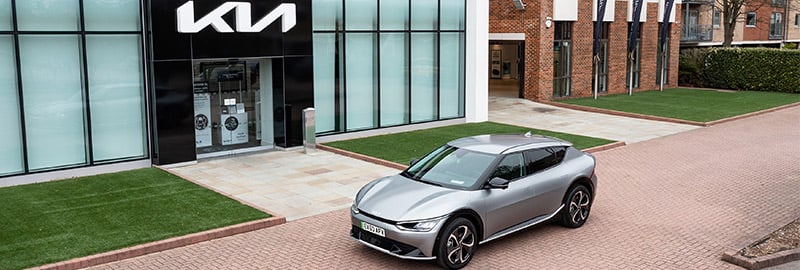
Kia UK has partnered with Skillnet, to relaunch its apprenticeship programme to focus on its electrification aims.
Kia UK is supporting National Apprenticeship Week, which runs from 6-12 February.
Kia first launched its apprenticeship programme 18 years ago, and the new scheme is designed to deliver “blended learning pathways” which will give apprentices future technical skills experience, expertise and hands-on tuition from directly within the automotive industry, while also enabling them to earn as they learn.
Skillnet is currently recruiting on behalf of the Kia dealer network and will begin delivering training from the new premises in August.
Kia is planning to launch nine EVs in the UK by 2027, and has invested in an all-new purpose-built training centre.
VW ups the Ant-E
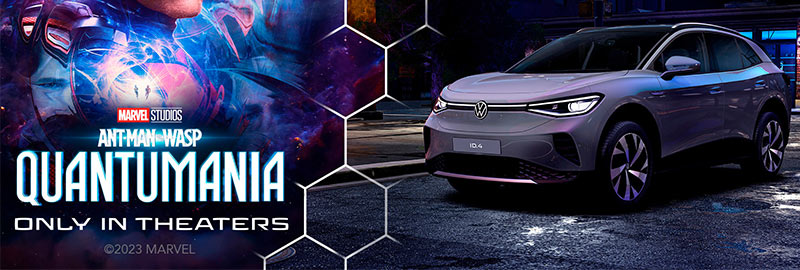
Volkswagen’s ID.4 is set to star in Marvel Studios’ Ant-Man and The Wasp: Quantumania, which is due in cinemas in mid-February.
The all-electric vehicle is the Super Hero’s family car in the upcoming film.
In addition, a behind-the-scenes featurette will give viewers an inside look at the making of the movie with the placement of the Volkswagen e-SUV ID.4 during the production of the film.
The vehicle will also be presented on the red carpet at the world premiere in Los Angeles.
Skoda sets new ice drifting records
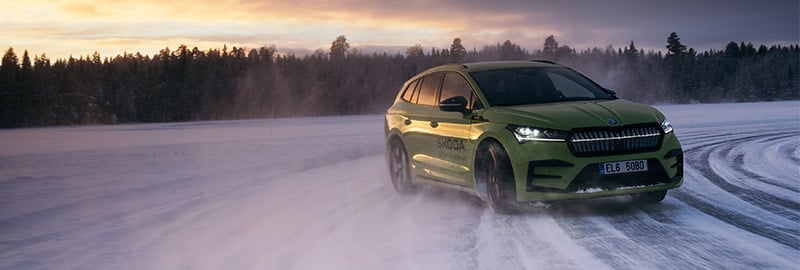
Skoda’s Enyaq iV vRS SUV has set two new Guinness World Records.
Richard Meaden set a new officially-verified record for the Longest Continuous Vehicle Drift on Ice by holding the car in a controlled slide for 7.351 km (4.568 miles).
In breaking the first record, Meaden and the Škoda Enyaq iV vRS SUV set a second record for the ‘Longest Continuous Vehicle Drift on Ice (electric car)’.
Sky plumps for Mercedes-Benz eVito
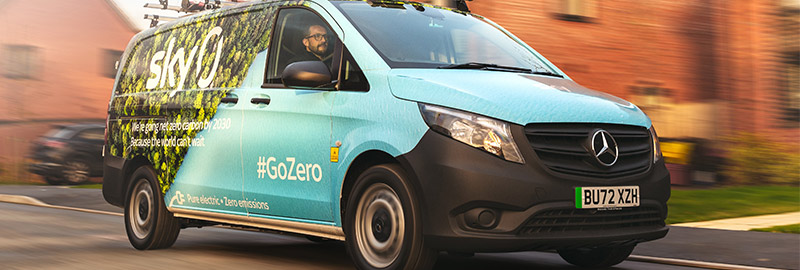
Sky has bought 11 new Mercedes-Benz eVito electric panel vans – as part of its plan to go net zero carbon by 2030.
The vans will be used by engineers to service TV and broadband customers across the UK.
All 11 vehicles have been converted by Leicestershire-based Bott to incorporate the bespoke racking and telematics systems required by Sky.
The eVito van features a 66kWH battery with rapid DC charging and has a 162-mile range.
Polestar expands tie-up with Luminar
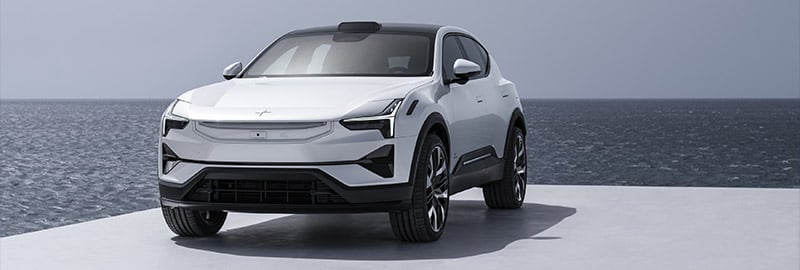
Polestar and Luminar have pledged to increase their collaboration and integration of long-range LiDAR technology in future Polestar vehicles.
Luminar’s 3D laser scanning technology will be featured on Polestar’s future vehicles, including Polestar 5, the electric four-door GT expected to launch in 2024 based on the Polestar Precept concept car.
Luminar already provides LiDAR technology for the Polestar 3, Polestar’s first SUV, launched in October 2022.
Sales of Polestar 3 including LiDAR from Luminar have been brought forward, enabling customers to place orders now, with deliveries expected in 2024.
Gridserve expands network with 32 new high-power chargers
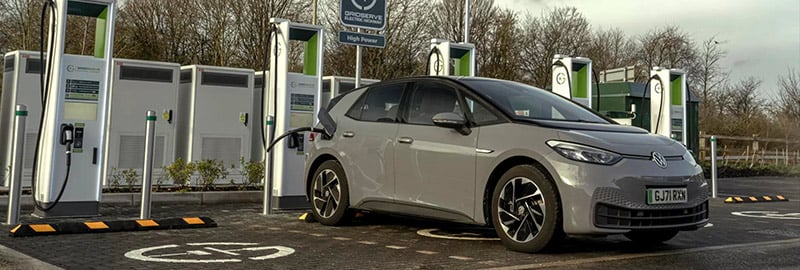
Gridserve has launched 32 new High Power (HP) chargers across four new Electric Super Hubs in January.
Six HP chargers can be found at Pease Pottage on the M23, with a further six at Cherwell Valley on the M40.
Eight HP chargers can now be used at Solstice Park on the A303, while 12 can be found Reading Westbound on the M4.
Each charger can deliver up to 350kW, with power coming from net zero carbon energy.
All chargers feature both CCS and CHAdeMO connectors and accept contactless payment.
Compare rapid charging costs
Compare the charging costs of the UK's most popular rapid charging networks using our rapid charging cost comparison tool,
Polestar and Rivian report on future failing by the car industry to hit IPCC targets
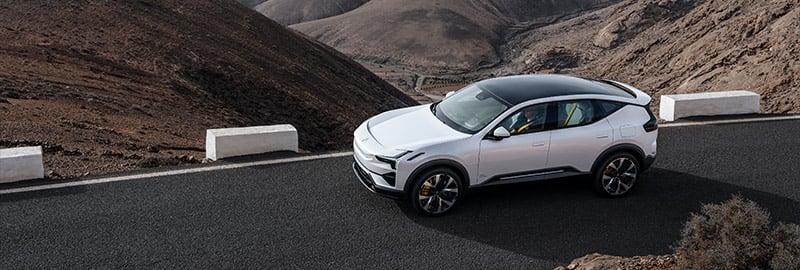
Electric car makers Rivian and Polestar have revealed that the automotive industry is set to overshoot the IPCC’s 1.5-degree aims by at least 75 per cent by 2050.
The study, performed by Kearns, claims passenger vehicles currently account for 15 per cent of all greenhouse gas emissions globally, and the IPCC has stated that these need to be reduced by 43% by 2030.
However, the report says that the automotive industry is “far off track, and, alarmingly, will have spent its full CO2e budget already by 2035 without urgent action."
It advocates that the industry must accelerate the transition to electric vehicles by investing in manufacturing capabilities, as well as implementing a firm end date for fossil fuel car sales globally.
It also says it must “build out renewable energy supply to global grids that enable EVs to reach their full potential through green charging and decarbonise the manufacturing supply chains for these vehicles through switching to low carbon materials and investing in renewable energy solutions for supply chains.”


